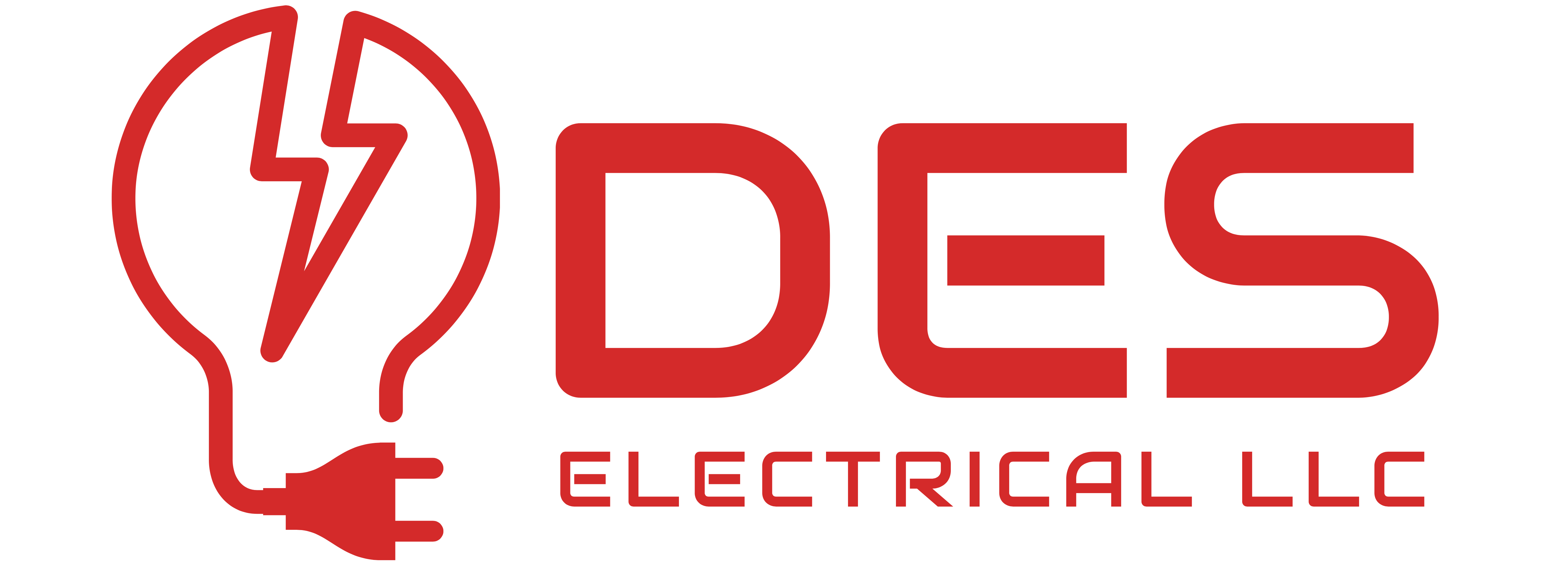04/20/2023
Welcome to the Des Electrical LLC blog, where we prioritize electrical safety in your home. In this article, we will share ten important tips that will help you maintain a safe and secure environment for you and your family. Keep reading to discover how you can avoid electrical hazards in your home.
- Perform a visual inspection: Regularly inspect the electrical cables in your home. Look for signs of wear, frayed wires, or damages. If you notice any abnormalities, don’t hesitate to call a professional electrician.
- Avoid overloading outlets: Do not plug too many devices into a single outlet. Excessive use of power strips can lead to overheating and short circuits. Properly distribute the electrical load.
- Replace damaged cables: If you come across damaged cables, replace them immediately. Do not attempt to repair them yourself, as you may expose yourself to electrical risks. Consult a qualified electrician to handle the task correctly.
- Install outlet covers: If you have young children at home, make sure to install outlet covers at accessible points. This will prevent children from inserting objects into the outlets and protect them from potential electrical shocks.
- Keep cables away from heat sources: Avoid placing electrical cables near heat sources, such as radiators or stoves. Heat can damage the cables and increase the risk of fire.
- Use power strips with switches: Power strips with on/off switches are an excellent option for easy power control. You can safely turn off all connected devices when they are not in use.
- Avoid circuit overloading: Distribute appliances and electrical devices across different circuits to prevent overloading. If fuses or circuit breakers frequently trip, it may be a sign of overload, and it is necessary to check the electrical installation.
- Turn off unused appliances: Switch off and unplug appliances when they are not in use. In addition to saving energy, you will reduce the risk of fire and electrical shocks.
- Protect extension cords: Avoid placing extension cords in high-traffic areas where they can be stepped on or damaged. Use cable protectors to prevent tripping hazards and keep the cords secure.
- Consult a professional electrician: If you have any doubts about electrical safety in your home or need to make changes to the electrical installation, do not hesitate to contact a professional electrician. They have the expertise and knowledge necessary to ensure your home’s electrical safety.
Remember, prioritizing electrical safety is crucial for the well-being of your family and the protection of your home. Implement these tips to create a secure electrical environment.
